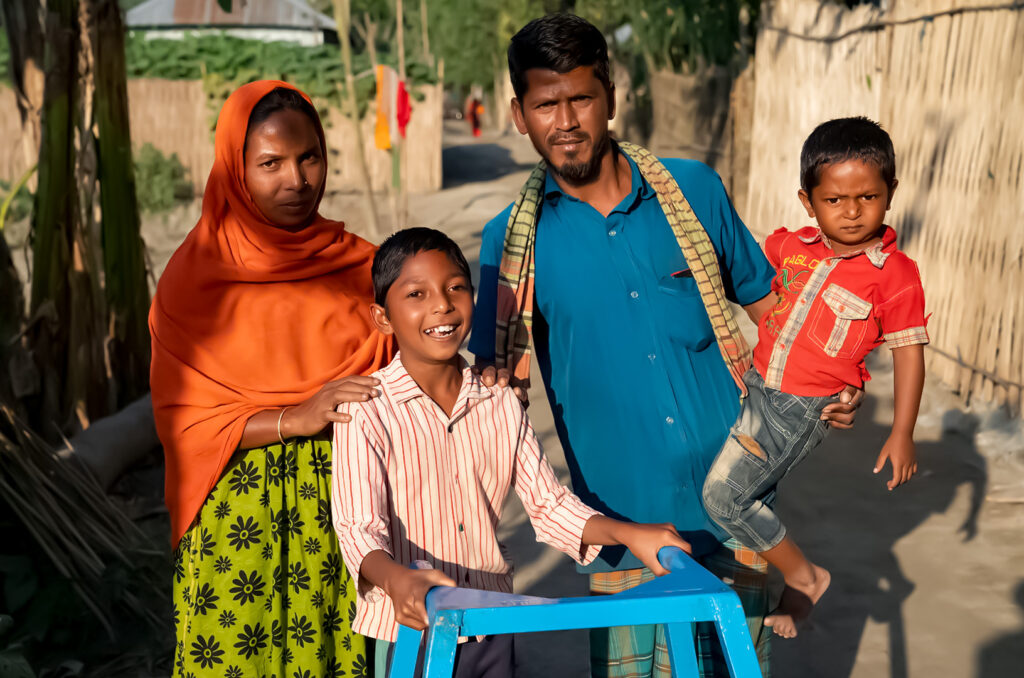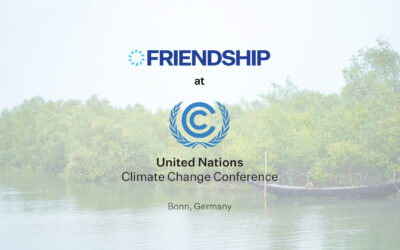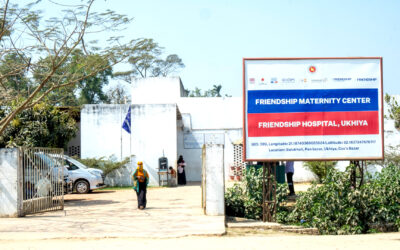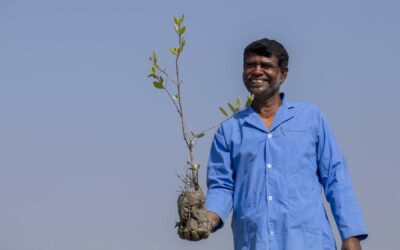Everyone, despite socioeconomic circumstances or physical ability, has the right to quality healthcare, and it is imperative that we work together to provide it.

by Ayesha Taasin Khan
April 12, 2023
After the celebration of World Health Day on April 7, 2023, it may cross one’s mind how befitting this year’s theme “health for all” has been, when humanity faced one of the worst pandemics in over 100 or more years, in the first years of the decade. It is tragic to have to write this, but the right to health is not reserved for those born into privilege. Rather, we must remember that the highest attainable standards of healthcare are not merely a goal to work towards, but rather a decided fundamental human right.
Despite significant advancements in medical technology and healthcare systems, millions of people around the world still lack access to even basic services. This inequality has only been exacerbated by the onset of tragedies such as wars, famine, and environmental disasters. This has highlighted the urgent need for more equitable, resilient, and most importantly inclusive strategic plans for healthcare, that can respond to the needs of each and every individual. Achieving universal healthcare for all has always required a concerted effort from governments, healthcare providers, and individuals. Governments must prioritise spending on how universal healthcare is delivered in the most effective and efficient way, allocate resources to underserved communities, and work to remove barriers to access for communities with financial or geo-logistical hurdles. Healthcare providers must also strive to provide culturally competent care that takes the unique needs and experiences of diverse populations into account.
The WHO defines equity as “the absence of avoidable or remediable differences among groups of people.” In the case of people with disabilities, equity does not just mean that they have access to the same quality of care as those without disabilities, but also that they have access to additional resources and accommodations that may be necessary to address their specific needs.
One of the most significant challenges facing them is the lack of accessible healthcare facilities and services. Many healthcare providers do not have the necessary equipment or knowledge to treat patients with disabilities, leading to a higher likelihood of misdiagnosis and mistreatment moreover, they often face transportation barriers that make it difficult for them to get to healthcare, further exacerbating disparities. We need to focus on developing more inclusive and accessible healthcare systems by investing in specialised equipment and training for healthcare providers to ensure that they can provide quality care to everyone.
Another critical aspect of equity is that people with disabilities are more likely to experience poverty, which can impact their access to nutritious food, safe housing, and quality healthcare. By addressing these social determinants, we can improve outcomes and reduce health disparities.

Promoting health for all is a critical priority in Bangladesh given the ’population density, poverty rates, and vulnerability to natural disasters. Despite significant progress in recent years, there are still many hard-to-reach communities in Bangladesh that lack access to basic healthcare. Addressing the needs of these communities requires a multifaceted approach that includes not only expanding healthcare infrastructure but also addressing the underlying social determinants such as poverty, poor education, and lack of access to clean water and sanitation.
The government has made significant strides in recent years in expanding healthcare coverage, including the implementation of community-based healthcare programmes and the introduction of telemedicine. However, we must not burden the government alone – instead, work across sectors to ensure access. It will also require a commitment to ensure that marginalised populations—minorities, indigenous communities, and other displaced populations, are not left behind.
It is also essential that we remember to account for and accord the same to refugees. We must work together to ensure that access to quality healthcare is delivered to everyone, regardless of their abilities. By working together and focusing on the needs of all members of society, we can build a more inclusive and equitable healthcare system. The call to action for this fundamental right beckons us to respond, and we must answer it with urgency and determination.




